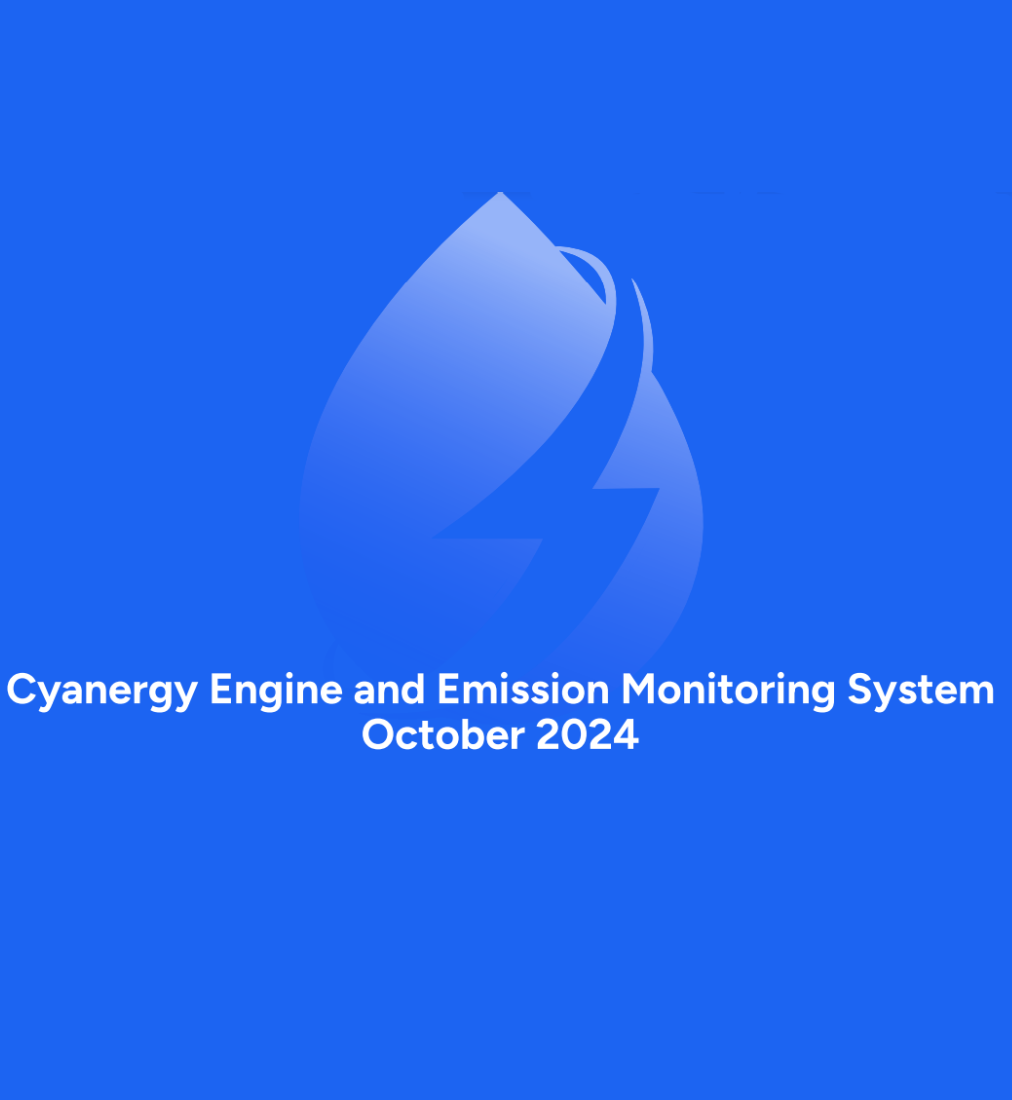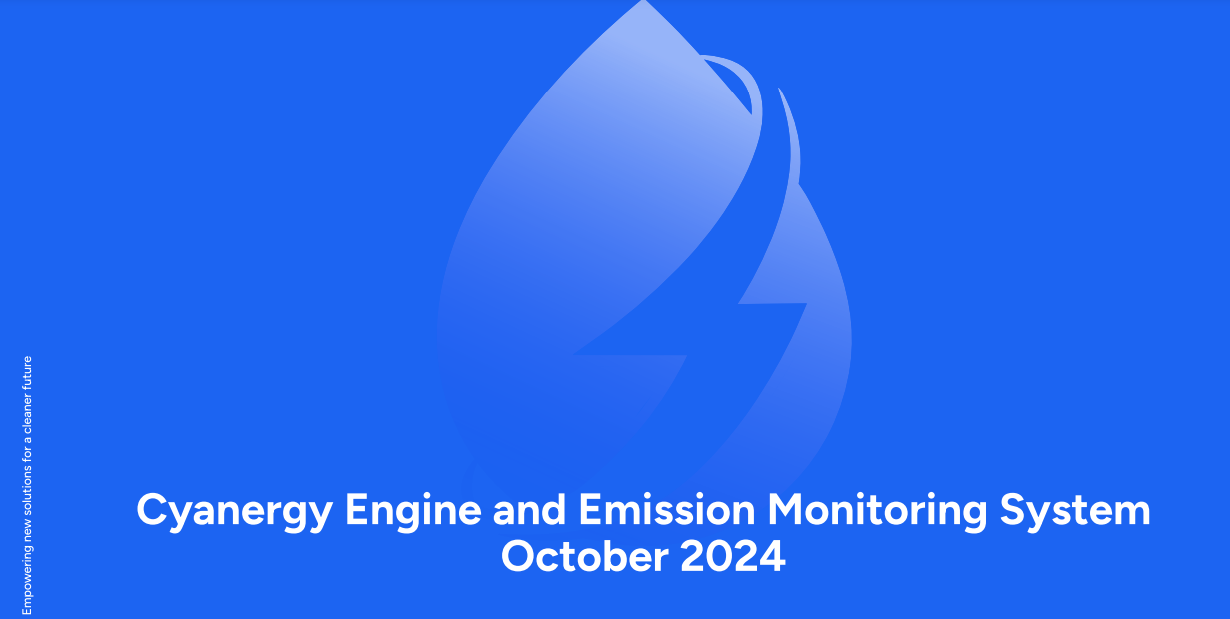CFO Insights: 5 Crucial Lessons for ESG Reporting in Shipping and Drilling
The global shipping and drilling industries play pivotal roles in energy consumption and greenhouse gas (GHG) emissions. With the pressure to meet stricter environmental, social, and governance (ESG) standards, leaders in these sectors are searching for effective solutions to reduce their carbon footprints.
We spoke with Christine Morris, Chief Financial Officer of BT Group and board member for Svitzer and DOF, who has over 25 years of global experience, including more than a decade in the energy industry. Her advice offers valuable lessons not just for shipping and drilling, but for any industry aiming to improve ESG compliance, reporting, and sustainability.
Here are Morris’s five recommendations for CFOs and ESG professionals navigating the rapidly evolving sustainability landscape:
- Consider ESG a Project with a Timeline
For CFOs and ESG professionals, treating ESG reporting goals as you would any significant business project—with a timeline and milestones—is essential. This means understanding the evolving reporting standards and implementing a robust data collection and control-testing process to ensure accurate measurement of emissions and resource consumption.Morris noted a growing trend in moving sustainability reporting under the purview of the finance department, a shift that increases accountability and ensures more rigorous data handling. Companies might think they have a handle on their data points, but the complexity can build very quickly, Morris explained.
“Before you know it, the reporting implementation deadline is around the corner and you end up with a 1-year compressed timeline to get it all done,” she said.
For industries like shipping and drilling, the stakes are even higher given their size and environmental impact, necessitating a clear, methodical approach to ESG.
- Understand Your Baseline
Before setting ambitious ESG targets, companies need to first ensure their baseline measurements are accurate and reliable. In industries with variable operations like shipping and offshore drilling, where energy consumption can differ drastically between assets, it’s crucial to take all relevant factors into account.“In terms of meeting goals, people didn’t think about all the variables that impacted the baseline,” Morris said. “That meant companies would find themselves at times struggling with demonstrating progress despite all their efforts.”
For example, offshore drilling may have a combination of rigs that move frequently and others that remain stationary, with vastly different energy consumption patterns. Establishing a consistent and rational baseline is key to tracking progress and achieving meaningful reductions.
- Embrace Technology for Precise Measurements
One of the most significant trends Morris has observed is the shift toward more precise, usage-based calculations of energy consumption and emissions. Technology now allows companies to track energy usage more accurately, offering data-driven insights that were previously impossible.“In the absence of technology, you end up with very broad generalizations,” Morris said. “Having equipment that can actually detect usage gives you a better measurement and each time you get more precise — whether its telecom or offshore or shipping, you bring data inside that allows you to affect consumption at its source.”
Morris cited examples from her work at Maersk Drilling, where automation of drilling programs and sensor data on engine performance helped reduce peak drilling times.
“If you don’t have an automated process for reporting your emissions on a drilling rig, and you just have someone on the crew go and take a measurement of what’s left in the tank, that process is subject to failure,” she said. “Suddenly you have a big gap in your data and it becomes skewed, and it becomes visible if you have very large assets.”
Referencing her role as CFO of BT Business, Morris highlighted the recent launch of the Carbon Network Dashboard, which is extracting near real time power data from networking infrastructure overlaid with local grid carbon intensity figures to help business customers accurately measure their digital emissions. This helps identify waste and potential opportunities to optimize through scheduling and workload placement.
- Avoid Greenwashing
As more companies race to comply with ESG standards, there’s a risk of overstating sustainability efforts or understating the cost or risk of implementing the actions required to achieve those goals—a practice known as greenwashing. This not only damages a company’s reputation but can also affect access to capital in industries like oil, gas, and shipping, where stakeholders demand verifiable ESG performance.“The more scrutiny on this and the more activity around greenwashing claims, the more likely you are to get caught if you’re not doing it accurately,” Morris said. “If you misreport, you fundamentally cannot control your destiny in meeting the goals you set for the company.”
CFOs and ESG professionals should be cautious about over-promising sustainability achievements. Instead, they should focus on tangible progress backed by accurate data to avoid the reputational and financial risks associated with greenwashing.
- Be Realistic About Your ESG Goals
Morris’s final piece of advice to CFOs is to maintain a realistic outlook on ESG initiatives. Meeting ESG is a complex operational challenge, especially in industries as resource-intensive as shipping and drilling. Companies should focus on getting the core aspects right before expanding efforts.More specifically, when it comes to complying with evolving ESG reporting regulations, her recommendation is “Don’t try to get A+ on your paper the first time around.”
Morris also stressed the importance of re-evaluating and adjusting ESG strategies as needed. It’s not uncommon to set goals that turn out to be overly ambitious, she said. In those cases, reassessing and realigning your efforts with what’s feasible and sustainable will help build long-term success.
Conclusion
ESG efforts in the shipping and drilling industries require clear strategies, accurate data collection, and realistic goal setting. As Christine Morris illustrates, embracing technology for precise measurements, understanding your baseline, and maintaining transparency in reporting are all critical to meeting today’s stringent ESG standards. Companies that approach ESG with a project-management mindset, avoid greenwashing, and adjust their goals when necessary will be best positioned to thrive in a world increasingly focused on sustainability.













